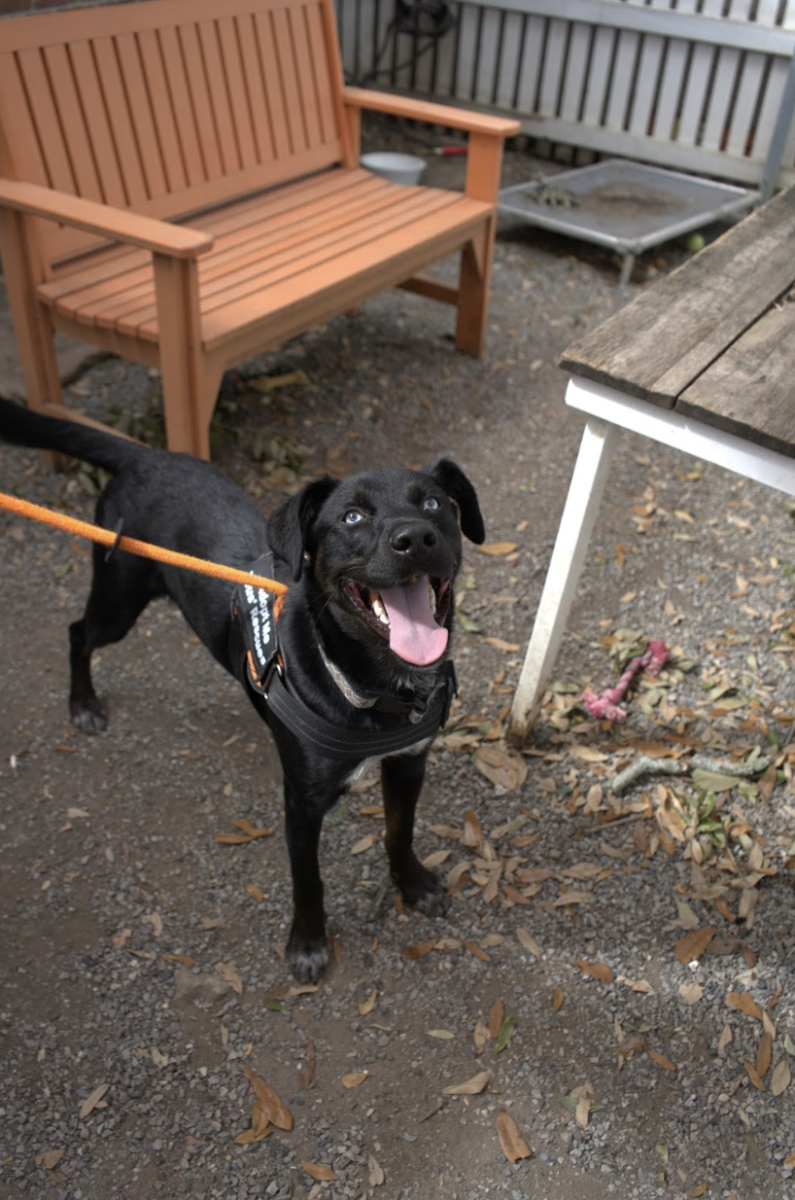By: Razan Badr
Biology sophomore
“If you’re afraid of doing something, then do it. That’s how you grow.” Those words from my mentor echoed in my head as I first set foot on campus. I did not have expectations of the culture I chose to become a part of, but I was surprised by the diverse nature of Loyola and the city of New Orleans itself. The diversity was not only in race and culture, but the ideas and their expression spoke volumes. As the semester went on, my perspective expanded and grew out of the culture that raised me and taught me to stay quiet and just listen. After the presidential elections came along, Loyola’s campus flourished with opinions. The challenging, debatable views were intriguing, and I was surprised with myself as I also exercised the first amendment and voiced my opinions — something I had always held back, afraid of being judged or shut down. It wasn’t until the summer when I went overseas that I realized that being able to express our ideas freely is something truly of value that we don’t think about. I volunteered most of my time in organizations on college campuses there, meeting different people and learning from their experiences. As I immersed myself with their culture and engaged in many conversations, I noticed how students had substantial opinions and a lot to say about how things were run on campus or the country in general, but indirectly felt restricted by society.
College is the place where young adults learn to intellectually grow and become their own person, forming individual ideas and exercising a right to free speech. After my trip, I became more aware of how every person has a unique story to share and how it is our responsibility to educate others. For example, I met an architecture major at one of the colleges I visited. He would often explain to me how he felt limited by the education he was getting and the by the institution itself, as he did not feel like he was able to express the ideas and designs he had in his mind, that his education was objective. He told me how he felt forced to do or think about art in a certain way, limiting his abilities to grow. That idea was egregious to me; every class I had been in growing up has always encouraged our intuition and imagination. College students play an important role in our society. They need to establish the confidence in bringing diversity in opinions to the workplace and to become stronger leaders. Free speech triggers discussion and is a learning opportunity; if ideas are not challenged, education and conversation are limited.
College students are the future generation and should not be afraid of speaking out. They will promote change in society, and it is important to teach them that free speech is their human right and that it is not to be taken from them by a higher power or another person. It is important to teach them that their voices are heard and their opinions are valid. As humans, we instinctively form our opinions about issues and want to get them out. Free speech also promotes a dynamic society by bringing awareness to social issues; it educates people about what is actually happening, instilling a sense of empathy and an urge to create a change for a better future.
Part of what makes my college experience unique is the ability to express my values and share my thoughts to help me gain the knowledge I need to grow. I learned to not be afraid of putting myself out there. Free speech is an inalienable right crucial to achieving our goals and shaping our character that not a lot of people exercise, and I am hoping to shed light on this issue and to inspire students to feel comfortable and not be afraid to express their views despite any efforts shutting them down. That’s how they grow.














Billy Talty • Nov 2, 2017 at 10:08 pm
Great article!
It recalls to mind Michel Foucault’s book Fearless Speech, where he gives examples of people who chose to speak boldly, despite the possibilities of repercussion. These speeches were his final published work, encompassed his ideas. Mainly that bold and frank statements of truth are the only possible combat to power. Parrhesia (the one that could speak boldly despite consequence) was, in Greco-Roman culture, “a verbal activity in which a speaker expresses his personal relationship to truth through frankness instead of persuasion, truth instead of flattery, and moral duty instead of self-interest and moral apathy.”
I believe in many ways, restrictions on speech inevitably fail, because those bold enough to speak truth to power, will push us back to a society of inclusion. However, I wonder if free speech creates moral apathy or a lack of frankness? This would be one argument against unrestricted free speech, and encouraging those on campus to interact in this way.
The remedy of this is as you suggest, speak freely, don’t be afraid. “Free speech triggers discussion and is a learning opportunity; if ideas are not challenged, education and conversation are limited.”
Those that disagree with the majority opinion should not be afraid to speak their opinions, but they should be prepared to have their views challenged. Free speech will likely, inevitably silence views that do not have good justification or reasoning behind them, or will sharpen those espousing them to speak more clearly and rationally.
In sum, I agree that Free speech is a good thing, and I encourage more dialogue. Thank you for sharing!